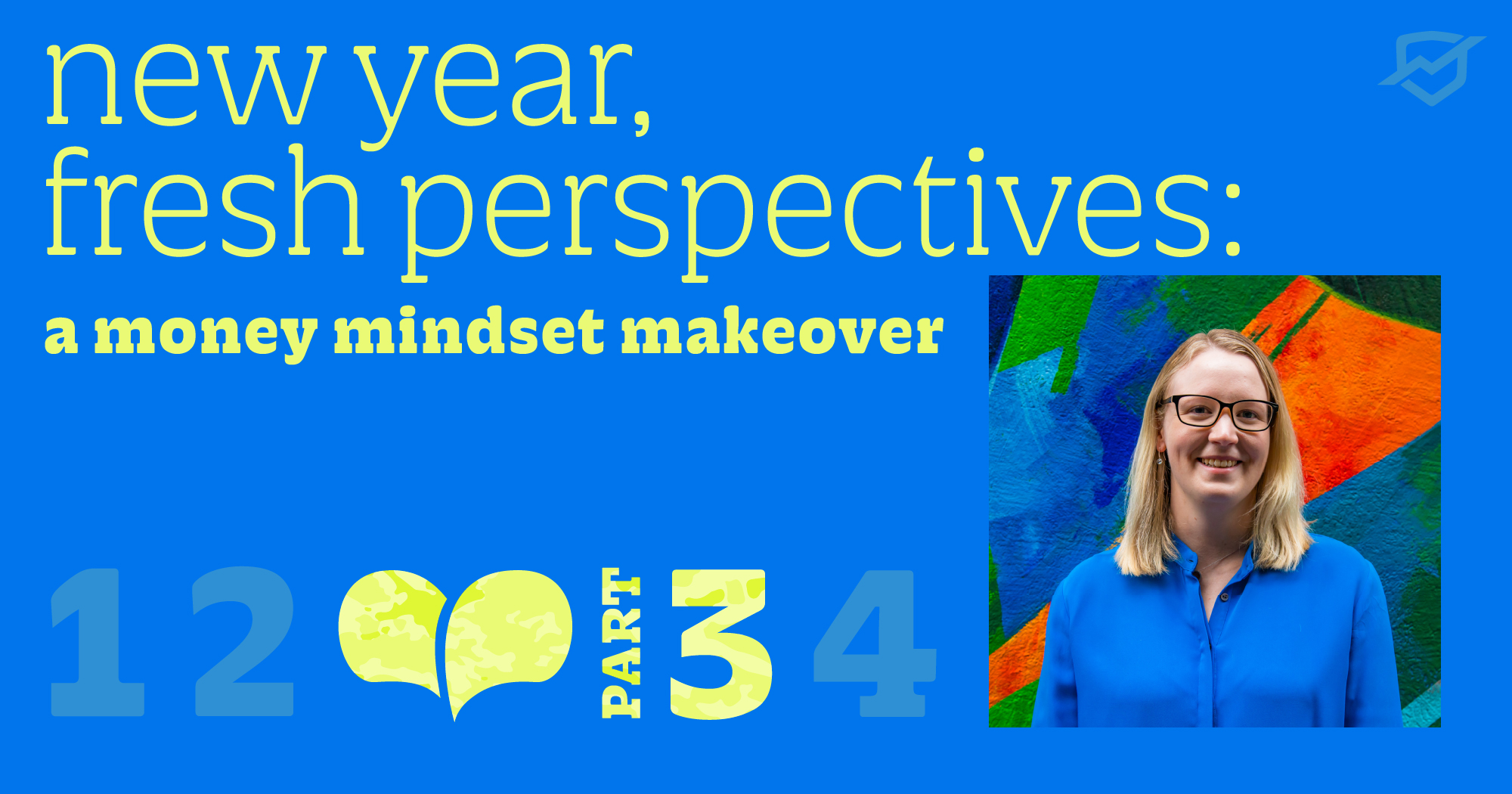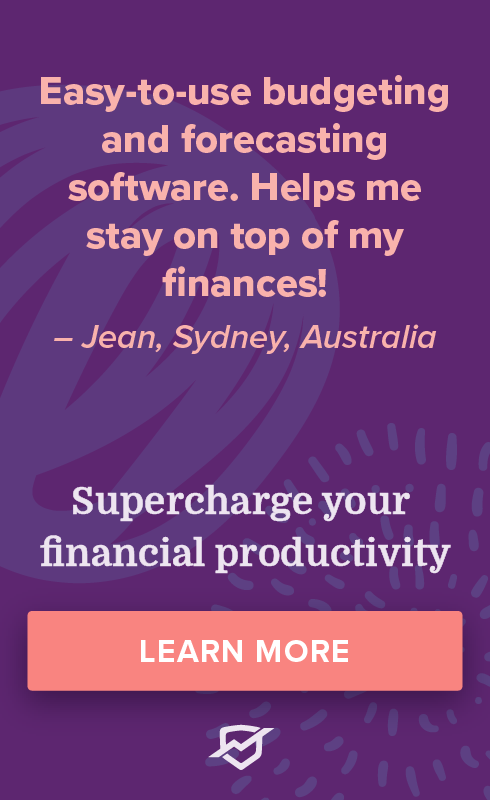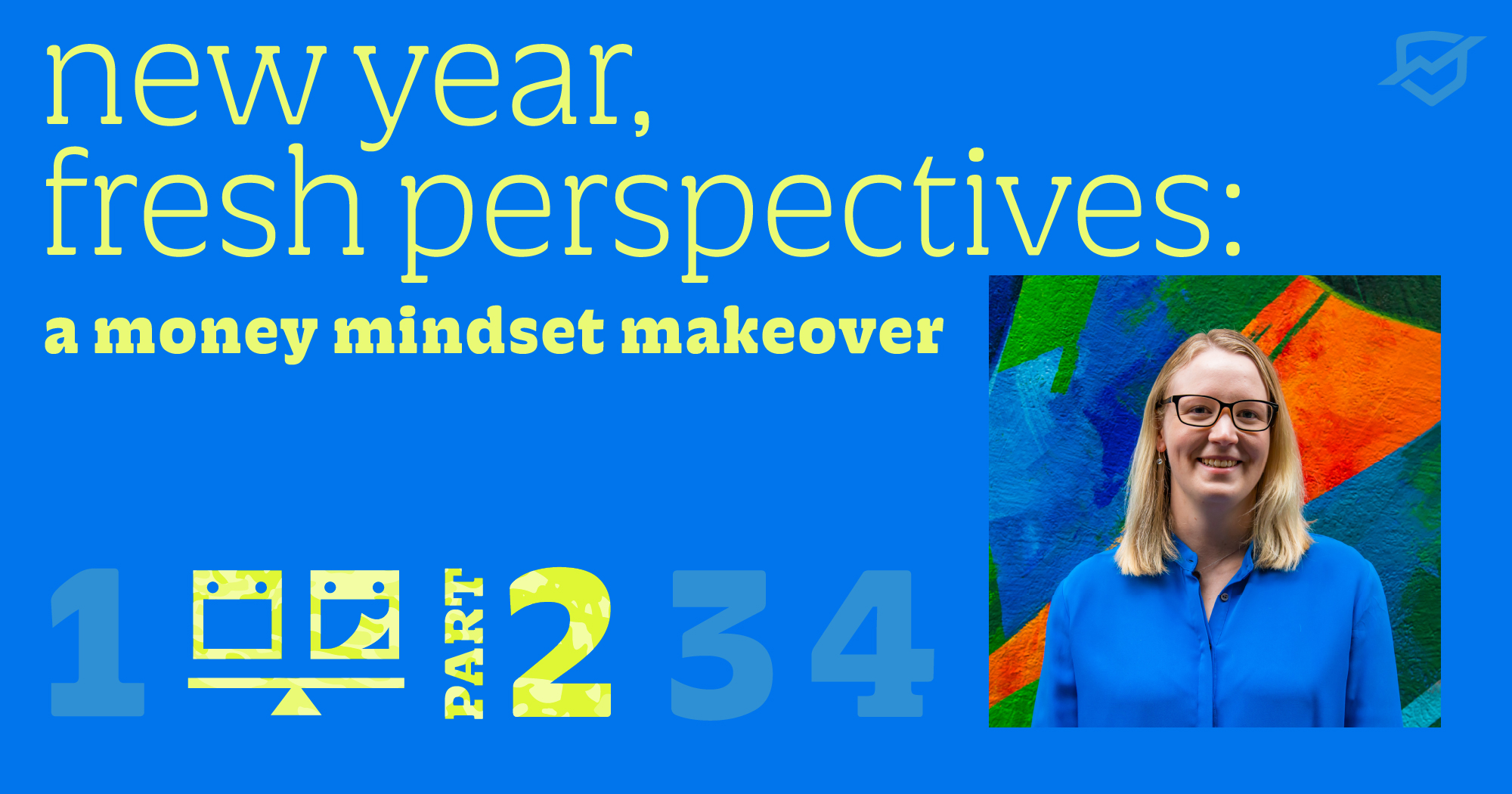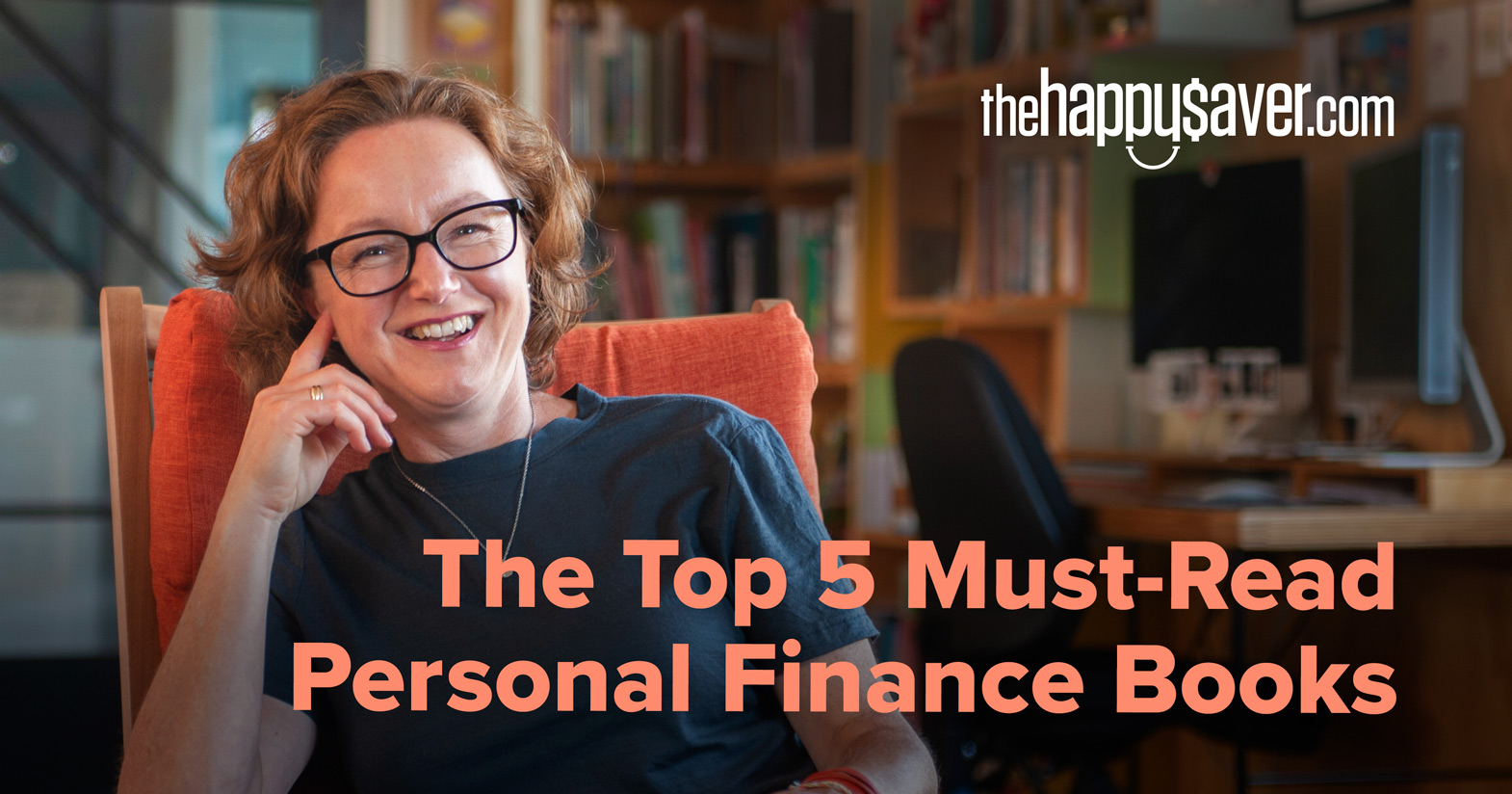Why don’t we talk about money?
Many of us have been taught from an early age that we shouldn’t talk about money, but I think that the taboo does much more harm than good. We’re all thinking about money — every time we pay a bill, go to work, or decide whether to take that holiday.
And we’re stressed about it, too. The American Psychological Association’s Stress in America 2022 study found that money, inflation, and the economy are significant sources of stress for the majority of surveyed adults. The emotional strain of this is obvious, but the study also reports that stress is leading to all manner of health issues, including headaches, tiredness, feeling overwhelmed, and more physical complications. Even if we’re not talking about money, it’s affecting us much more than we realize. If the goal is to be happy, stress is going to make that difficult.
Talking openly about finances isn’t the silver bullet for money-related stress, but it helps remove the culture of fear and shame. It helps us to know we’re not alone, and we might even be able to find solutions to specific issues in the experiences of others. So many of us are struggling in similar ways — living pay cheque to pay cheque, using BNPL, or racking up credit card debt — and yet it can feel like we’re on our own.
Coming from the other direction, if we have enough to get by or we’re not struggling as much as others we know, it can also be easy to feel our problems aren’t big enough to talk about, too. But that doesn’t mean our financial stress isn’t real.
Let’s start having good money conversations
If you’ve always wanted to bring up a money-related topic but you just haven’t known how to kick things off, this is for you.
My suggestion is to start small.
Don’t jump straight into the deep end by talking about how much money you have in your investment accounts and what you get paid. Instead, opt for something lighter and simpler. Everyone loves to talk about their savings goals, whether it’s a new phone or a trip to Disneyland, and their best money-saving hacks.
Hold up — vulnerable conversation alert! If someone opens up to you about their financial situation, keep in mind that you might be the first person they’ve shared these details with. Your response matters, and it could have a huge impact on your relationship moving forward.
Take action
- Listen very carefully to what they say.
- Understand that their situation is unique to them and that their money story will be different from yours.
- Don’t compare their situation to your own (or your great-great-aunt’s), unless they ask you for specific insights into those situations.
- Ask open-ended questions that will support conversation rather than closed questions that can be answered with a simple ‘yes’ or ‘no’.
- Try to understand what they need from you at this moment. For example, if your friend shares that they’ve ended up with a huge credit card debt and feel lost, they might not be ready to hear how you think they should solve their problem. Asking if they’d like your help in any form right now or whether they just need a supportive ear is a good place to start.
- Be supportive, even if there’s a small ‘I told them this would happen’ at the back of your mind. Showing even a hint of judgment can shut the whole conversation down.
- If they’re looking for extra tools, you could share your favorite money resource (for example, a podcast or a book), and make time to discuss it with them once they’ve consumed it.
- Remember, sometimes a professional will be much more effective at helping them solve their issue. Consider whether it’s appropriate to suggest they seek help from a financial counselor, psychologist, financial adviser, lawyer and so on, and ask whether they’d like a support person with them in the meeting.
Please don’t let this list put you off being there for the hard conversations. It might be 30 minutes to you, but it could mean the world to the person opening up. You’ve got this!

Kate Campbell is the host of the Australian Finance Podcast and the author of Buying Happiness: Learn to invest your time and money better, available online through Amazon and Booktopia.







